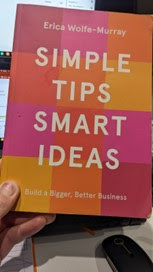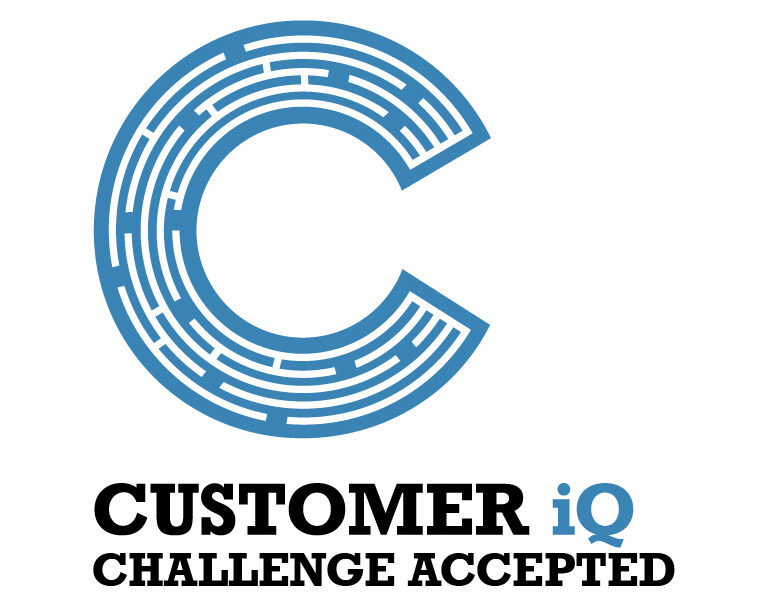Enjoying this content?
When people ask me what I do and I reply that I run a market research consultancy that does ‘market research for startups’, I am often met with the this kind of response…
“Why do you bother with startups?”
Seems that this reaction is largely based on the perception that startups don’t have the money to invest in research.
So why do I bother with startups?
Read time: 3.8 minutes
tl;dr: Startups might be more strapped for cash than big corporates, but it’s the unfairness they are faced with, plus the inherent need they have for understanding customers, which compels me to focus on helping them.
I’m answering this question partly to explain to those out there who might be asking, but largely it’s for my benefit. In laying down my rationale, I will feel more motivated and will have more belief to keep going.
So, indulge me a little 😉
It’s all about ‘fairness’
A few years ago, I carried out an exercise advised by Erica Wolfe-Murray in her book Simple Tips Smart Ideas.

It’s a book I have sitting next to me at all times and I refer to a lot.
One of the early sections in the book explains How to Draw a Business Plan and invites readers to carry out several exercises to draw out their internal ‘data’ needed to figure out what kind of business is right for them.
One of these exercises involves writing out your personal history, prompted by questions such as where were you born? through to more searching questions like what sort of child were you, how did this manifest itself?
I found this exercise (and the subsequent ones about what you’ve been paid to do in your life, who you’ve worked for, what your skills and passions are) incredibly revealing and super instructive in figuring out which directions I could be going. It’s not dissimilar to the idea of ‘ikigai’ or Jim Collins’ ‘Hedgehog Concept’ in Good to Great.
This personal data revealed several things about myself which have influenced where I am with my business today. One of the biggest was a sense of fairness, or more specifically a need to take on unfairness.
(This is probably due to being the youngest of 3 brothers and spending my childhood claiming “that’s not fair!”. I am also very much drawn to the story of David vs Goliath).
This idea of fairness has clearly led me to the world of startups. The odds and resources are stacked against startups from day one and it’s startups who are often building something of purpose or tackling a real world problem which aims to make the world more fair.
I love this and can very much relate to the startup struggle to set up and grow a business. Since I started my business 13 years ago it’s been constantly developing – from a freelancing/contracting, through to a consultancy and now a consultancy that specialises in those businesses which really need help… startups.
It’s also about the ‘need’
Compounding the unfairness that surrounds startups is the very obvious need they have for the kind of understanding that market and customer research offers.
It is super important for startups to gain a solid understanding of their customers and potential customers.
Having a strong need for something you can’t really afford (oh the unfairness!) is a really interesting and challenging problem. That’s the challenge I’m taking on.
I’ve not solved it fully (yet) but I am well on the way. One example is the training product I launched recently that startups can access at a low cost of entry. This gives them the knowledge – and crucially the confidence – to run their own research to a high standard, collect better data and therefore make better decisions.
On top of this, I’ve been developing a more turnkey, off-the-shelf set of research services – such as competitor mapping, market sizing – that can be carried out efficiently and at a reasonable price. Less time required to design, set up and run a research project means it can be offered for less.
So THIS is why I work with startups – the odds are stacked against them and they really need what I do.
Thanks for reading…











